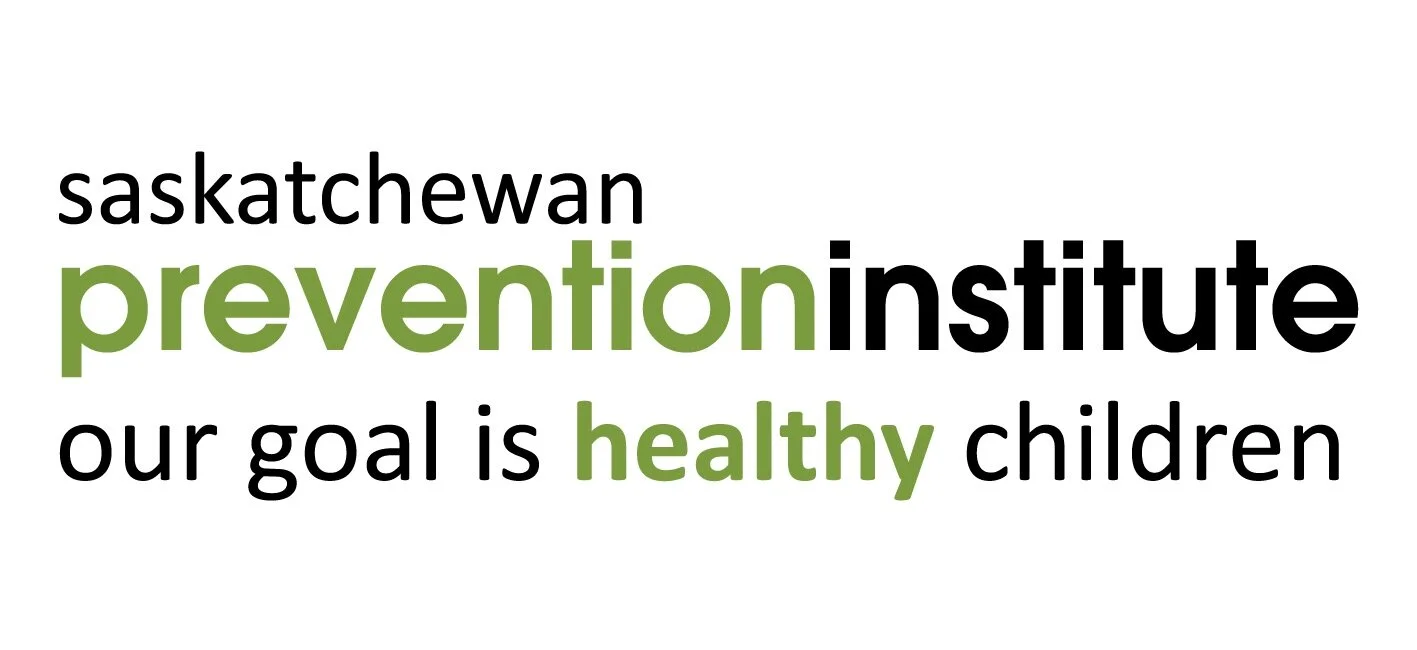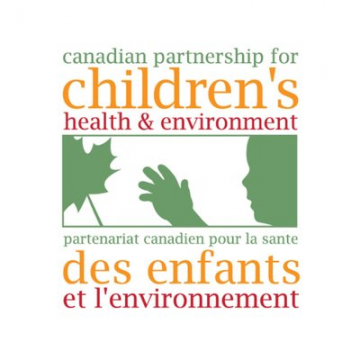Partners
Society for Obstetricians and Gynaecologists of Canada (SOGC)
The Society for Obstetricians and Gynaecologists of Canada (SOGC) is one of Canada’s oldest national specialty organizations. Established in 1944, the Society’s mission is to promote excellence in the practice of obstetrics and gynaecology and to advance the health of women through leadership, advocacy, collaboration, and education. The SOGC has over 4,000 members, comprised of obstetricians, gynaecologists, family physicians, nurses, midwives, and allied health professionals working in the field of sexual reproductive health.
College of Family Physicians of Canada (CFPC)
Representing more than 38,000 members across the country, the College of Family Physicians of Canada (CFPC) is the professional organization responsible for establishing standards for the training, certification and lifelong education of family physicians and for advocating on behalf of the specialty of family medicine, family physicians and their patients. The CFPC accredits postgraduate family medicine training in Canada’s 17 medical schools.
National Council of Indigenous Midwives (NCIM)
The National Council of Indigenous Midwives exists to promote excellence in reproductive health care for Inuit, First Nations, and Métis women. NCIM advocates for the restoration of midwifery education, the provision of midwifery services, and choice of birthplace for all Indigenous communities consistent with the U.N. Declaration on the Rights of Indigenous Peoples. Indigenous Midwives enable access to culturally‑safe sexual and reproductive health care for Indigenous families, the return of birth to Indigenous communities, and a reduction in the number of medical evacuations for births in remote areas.
Canadian Association of Midwives (CAM)
The Canadian Association of Midwives (CAM) and the National Aboriginal Council of Midwives (NACM) are the national organizations representing midwives and the profession of midwifery in Canada. In partnership, NACM and CAM provide leadership and advocacy for accessible, autonomous, and publicly funded midwifery.
They promote the vital role of midwives in sexual, reproductive, and newborn health. Their work is grounded in equity, respectful care, informed choice, self-determination, and reproductive justice. They advocate for community-responsive midwifery and contribute to progressive health policy in Canada, and internationally.
Canadian Association of Perinatal and Women’s Health Nurses (CAPWHN)
The Canadian Association of Perinatal and Women’s Health Nurses (CAPWHN) represents women's health, obstetric and newborn nurses from across Canada. CAPWHN aims to promote excellence in nursing practice, leadership, education, and research in the areas of perinatal and women’s health care.
Saskatchewan Prevention Institute
The Saskatchewan Prevention Institute is a non-profit organization, founded in 1980. Their focus is to reduce the occurrence of disabling conditions in children using primary prevention methods. They raise awareness by providing training, information, and resources based on current best evidence. The Saskatchewan Prevention Institute believes that children of all abilities have the right to the best physical, social, and emotional health possible.The Saskatchewan Prevention Institute is committed to working collaboratively to promote primary prevention throughout the province.
Health Nexus
Health Nexus is a bilingual health promotion organization that works with diverse partners to build healthy, equitable and thriving communities. The Best Start Resource Centre supports service providers who work in preconception health, prenatal health and early child development. The Best Start Resource Centre produces multi-media resources in multiple languages on a broad range of topics related to preconception health, prenatal health, and early child development. Most of their resources can be downloaded free of charge.
Canadian Partnership for Children’s Health & Environment (CPCHE)
The Canadian Partnership for Children's Health and Environment (CPCHE) is an affiliation of groups with overlapping missions to improve children's environmental health in Canada. Working across traditional boundaries, CPCHE provides common ground for organizations working to protect children's health from environmental contaminants. The partnership aims to move children's environmental health issues into the minds of decision-makers both on the front lines and at the policy level, promote children's environmental health amongst caregivers and the public, and coordinate activities and create efficiencies amongst the partners.
Health Canada’s Safe Environments Directorate
The Safe Environments Directorate (SED) in the Healthy Environments and Consumer Safety Branch of Health Canada promotes healthy living, working and recreational environments by identifying and assessing health risks posed by environmental factors (specifically chemicals, microbes, emerging technologies and development projects). The SED develops national risk management strategies that help reduce risks to human health from the environment, are supported by scientific research, and directly align with Health Canada's Sustainable Development Strategy.
Children’s Environmental Health Clinic (ChEHC), University of Alberta
A World Health Organization (WHO) Collaborating Centre in Children’s Environmental Health, the Children’s Environmental Health Clinic (ChEHC) is a unique program addressing the impacts on children’s health from environmental exposures (chemical, biological, physical and social). The program considers all environmental factors to assess exposures, by integrating clinical, research and educational components. It is the only program of its kind in Canada, and it offers clinical service, education, and research.
Canadian Association of Physicians for the Environment (CAPE)
The Canadian Association of Physicians for the Environment (CAPE) takes action to enable health for all by engaging with governments, running campaigns, conducting research, and drawing media attention to key issues. We collaborate with other organizations, nationally and internationally, to work effectively and build power together. We support physicians to be advocates for healthier environments and ecosystems.
Canadian Association of Nurses for the Environment (CANE)
The Canadian Association of Nurses for the Environment (CANE) is a part of the Canadian Nurses Association’s (CNA) Network of Nursing Specialties. We represent Canadian nurses who are dedicated to the improvement of planetary health.
Canadian Environmental Law Association (CELA)
The Canadian Environmental Law Association (CELA) is a specialty legal clinic within the Ontario-wide network of clinics funded by Legal Aid Ontario. We provide free legal services to people and groups across Ontario that qualify for legal aid. We work to protect human health and our environment by seeking justice for those harmed by pollution and by working to change policies to prevent such problems in the first place. As a Legal Aid Clinic our top priority is to represent low income individuals and communities and to speak out for those with less influence and who receive less of a say in decision-making.















